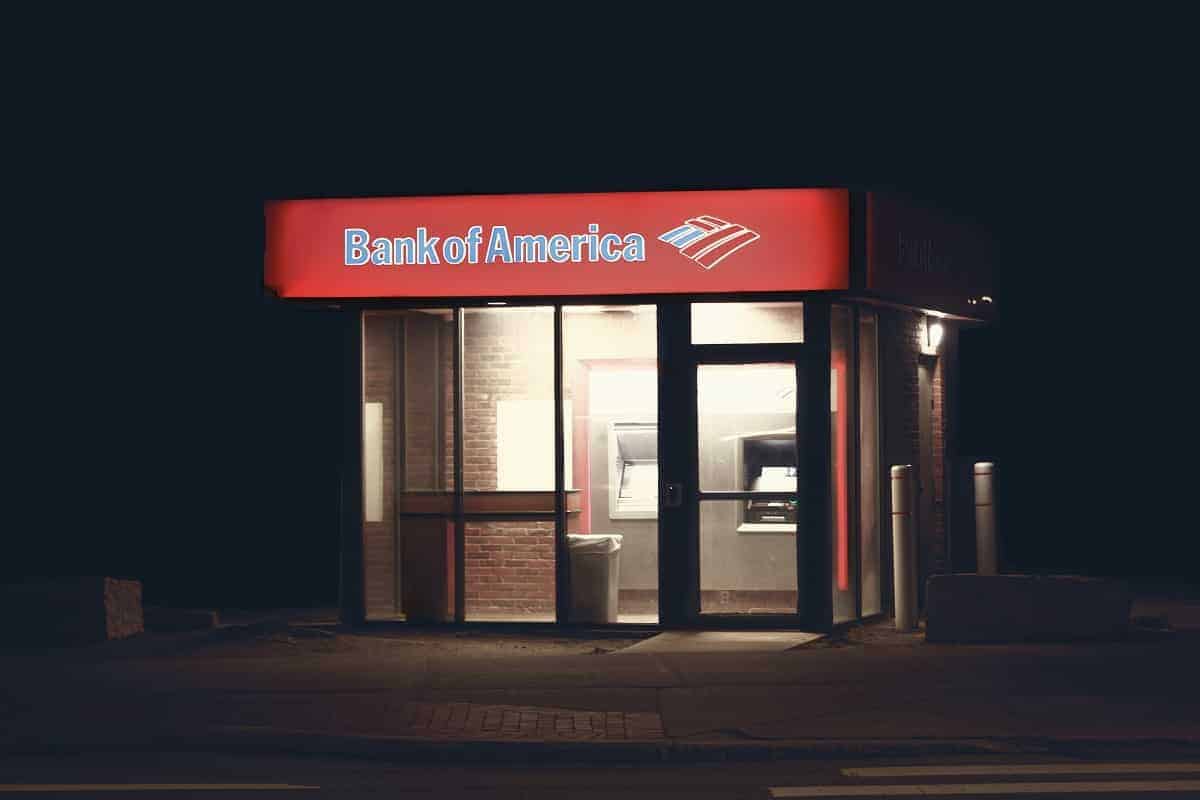One of the most basic needs in the world of banking is a checking account. While many people don’t have savings accounts, certificates of deposit or investment accounts, the majority of working adults have a checking account as a place to deposit their check and pay expenses. While the actual check itself is used much less than in the past, the account still serves as a fluid way of adding and taking away money. With such a significant need, people tend to be selective about where they do their banking. The terms and conditions that come with a checking account are different at every bank. It may surprise you to learn the differences between local banks, credit unions, and big banks when it comes to their checking accounts.
Differences Between Banks and Credit Unions
If you are looking for a better checking account, you should know the differences between the different banking institutions that are available. The only difference between a local bank and a larger bank is the general size of the bank in terms of deposits, loans, customers, branches, etc. The credit union is a different type of institution though. While they fulfill the same needs for customers as a bank, the credit union is a non-profit entity. Anne Sraders writes for The Street that credit unions are owned by their members. Sraders says that membership is often relatively easy to obtain including the following for many different credit unions:
- Employer
- School
- Church
- Military
- General application
Credit unions claim to have more of a “small-town” banking feel, boasting excellent customer service. Customers are essentially investing in the credit union. For those that live in urban areas and are looking for more personalized customer service and the feeling of a small bank, credit unions are a good option.
Who Has a Better Checking Account?
Local banks are smaller and seek to serve as many customers in the community as possible. As a way of offering what local customers need the most, the local banks tend to offer better checking account services. Free checking accounts are popular and usually quite common at local banks and credit unions. They offer a fee-free checking option that often does not require a minimum balance. While these free checking accounts rarely pay interest to the account holder, they are highly convenient. Smaller local banks seek to bring customers to the bank as checking account holders, making them more likely to apply for loans, open savings accounts, or take advantage of other financial services.
What’s Wrong with the Big Banks?
Justin Pritchard writes for The Balance that the “megabanks” (as he calls them) can offer convenience with a far reach. For people that travel extensively for work or for pleasure, it can be helpful to have a large bank with branches all over the country. The convenience of being able to handle all of your financial needs under one umbrella is also attractive for many people. But these banks tend to offer less in terms of interest paid on accounts, personalized customer service, and truly free checking accounts. Large banks frequently require minimum balances to avoid fees, or worse yet, assess a monthly fee regardless of balance. It becomes harder all the time to find a large bank that offers free checking accounts, forcing people to look at local banks and credit unions.
Know Your Checking Needs
You should expect that all banks regardless of size will assess certain fees if you overdraft your account. Overdrafting an account is never a fun experience, but it can happen to anyone. While those fees will be assessed, working out the problem is often easier with a smaller bank or credit union. In the case of identity theft, smaller banks and credit unions may be able to offer better customer service to recover your money or get relief faster. For many people, money gets stretched very thin before reaching the next paycheck. Checking accounts with no minimum balance requirement are important for these people. This type of account may be rarer through a large bank.
Key Takeaway to Choose a Better Checking Account
Most people assume that a large bank will offer them the best of everything. In the case of checking accounts, this is generally not the case. For people looking for free checking, or no minimum balance requirements attached to their checking account, a local bank or credit union will usually be the best option for customers. If you don’t like the bank you are using now and are looking for a better checking account, do some research into your local banks and credit unions to find out their options. Make sure you know all the terms and conditions. In some instances, you may even be able to get paid some interest on your checking account, even if it is a free account.







